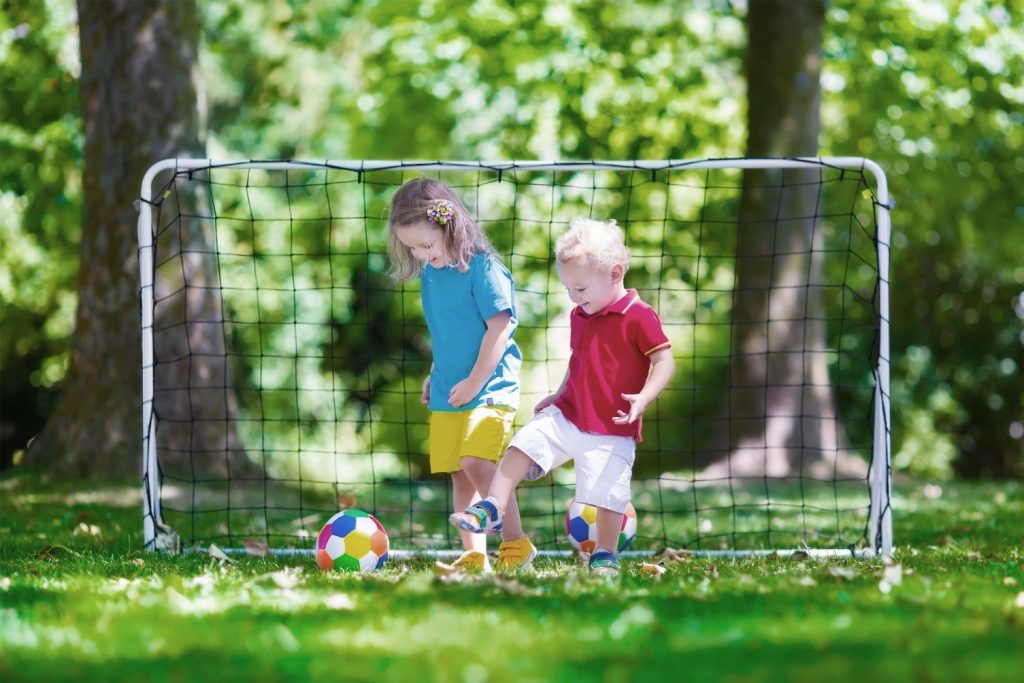Is Preschool Worth It or Recommended?
Is preschool worth it? In fact, is it really all that important? As soon as children turn 3 or 4, these questions start bothering most devoted parents. There’s both a lot of pressure to send the kids to preschool and arguments that they are better off at home with the parents. Therefore, it’s understandable if you are struggling with this issue, too.
Some parents feel that preschool is day care with another name and a higher price tag. Others consider it a key step on their children’s journey towards a bright and successful future. In order to help you decide if preschool is worth it for your little one, we’ll take a look at its pros and cons.





Why is preschool worth it?
The ages between 2 and 5 are very important for the child’s development. During these ages, children form interests and develop skills they will improve upon over time. This is why a high-quality preschool can help your children prepare for future academic, emotional, and social success. Here are the crucial benefits that give a positive answer to the question – is preschool worth it?1. Social and emotional development
Preschool creates an opportunity for children to get used to spending time away from their parents. They also learn to build and maintain relationships with adults other than their family members. Good preschool teachers nurture warm relationships with every child and incite such relationships among children in the group. Being part of a preschool group, children develop essential social and emotional skills. They face situations in which they learn to manage feelings of anger and frustration. This way, they gradually improve their self-control, which will be very important for them later in life. The time spent in a preschool group inevitably teaches children to share things with others and wait for their turn to talk or do something. They learn to respect the opinions, needs, and wishes of others, too.
2. Development of language and cognitive skills
Studies show that a child’s vocabulary may grow for about 900 to 2,500 words between the ages of 3 and 5. Therefore, it’s very important for children to be a part of an environment where they can develop their language skills. In preschool, children are encouraged to use the language in a more conversational manner. Each day, they are being introduced to new vocabulary through lessons and games. That’s how they start bringing together longer and more complex sentences. At the same time, children in preschool strengthen their cognitive skills. They are challenged by various activities to observe, solve problems and ask questions. Good preschool teachers encourage and help children come up with their own ideas and test them.3. Improvement of motor skills
During the preschool years, children build their motor skills, such as balance and hand-eye coordination. This comes naturally since they are eager to explore their environment. Quality preschool programs are designed to challenge your child in various ways to develop fine motor skills. They play active games that include running, climbing, carrying things, and keeping their balance. They also learn to draw, color, cut with scissors, and arrange different parts to assemble a toy. Apart from the teacher’s help, children in preschool learn to help each other in developing their skills.
4. Pre-math and literacy skills development
As most of the learning during the preschool years happens through observation, children try to develop skills that are valued by their family and society. This is how they get interested in pre-math and literacy skills. They want to learn to read the bedtime story and count the fruit on the table. Good preschool programs help children learn these things in a context of activities that are meaningful to them. For example, teachers motivate children to write down their names by using magnetic alphabet letters. They engage the children in a discussion about a story in order to encourage their listening and comprehension. The connections between alphabet letters and word sounds are easy to remember when you learn them by singing an alphabet song. In preschool, children develop pre-math skills through various group and individual counting, matching, sorting, and board games. Activities such as putting together puzzles help children learn how to notice patterns, plan ahead and solve logical problems.What are the downsides of preschool?
There are a couple of reasons that make some parents decide not to send their children to preschool.1. Too structured for free-spirited children
Some parents feel that preschool programs may be too structured for their child, holding them back from exploring and learning on their own. Others believe that having a teacher as the sole source of information may limit their children’s ability to think creatively. The truth is that it all depends on the particular program and teacher. If this is the reason for your doubts about preschool, it would be a good idea to contact parents whose children have attended a certain group. If you decide to prepare your child for school on your own, make sure to work on inciting a creative and exploring spirit. Keep in mind that sometimes we, as parents, may also limit our homeschooled children unintentionally.2. Not enough attention
Another aspect of preschool that parents may find inconvenient is the lack of one-on-one interaction. Some preschool groups consist of many children which gives little to no time for the teacher to communicate with each child separately. As this type of interaction is important for children’s development, you should look for a small preschool group. Some associations concerned with children’s development advise that the ideal size for a preschool group is 6 to 10 children. However, this again depends on the curriculum and the teacher. If you feel that your child is not getting enough attention, spend some time alone with them each day after preschool.